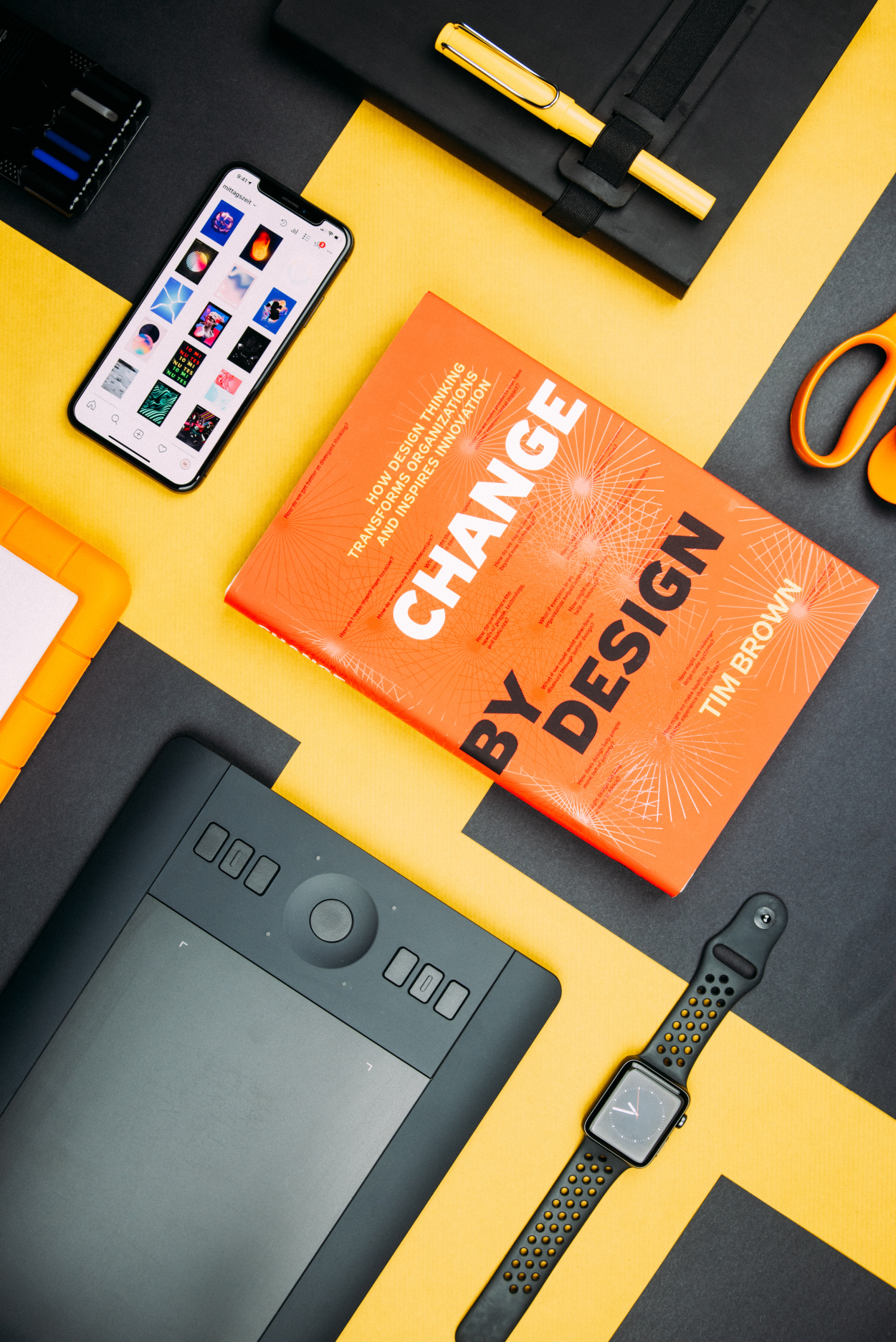
Equipment designers are professionals who design and develop machinery and equipment used in various industries, such as manufacturing, construction, and agriculture. Their work involves designing, testing, and modifying equipment to meet specific requirements and improve efficiency, safety, and performance.
To become an equipment designer, certain qualifications and eligibility criteria must be met. In this article, we will discuss the education, skills, and experience needed to pursue a career in equipment design.
Education
The first step in becoming an equipment designer is obtaining a degree in mechanical engineering or a related field. Many universities offer bachelor's degrees in mechanical engineering, which provide a strong foundation in physics, mathematics, and mechanics. These courses are essential for understanding the principles of mechanical design and developing analytical and problem-solving skills.
A degree in industrial engineering, manufacturing engineering, or electrical engineering can also be suitable for those who want to become equipment designers. These programs teach students about production processes, manufacturing systems, and electrical systems, which are essential skills in equipment design.
In addition to formal education, equipment designers must also keep up-to-date with the latest technology and industry trends. Many designers participate in continuing education courses, attend conferences, and read professional publications to enhance their skills and knowledge.
Skills
Equipment designers must have a range of skills to be successful in their roles. These skills include:
Technical skills: Equipment designers must have a strong understanding of mechanical and electrical engineering principles, as well as knowledge of computer-aided design (CAD) software, such as SolidWorks and AutoCAD. They must also be proficient in programming languages such as C++ and Python.
Problem-solving skills: Equipment designers must be able to identify problems and develop innovative solutions to overcome them. This requires critical thinking and analytical skills to evaluate different design options and determine the best approach.
Communication skills: Equipment designers must be able to communicate their ideas and designs effectively to team members, managers, and clients. They must be able to explain complex technical concepts in a clear and concise manner.
Project management skills: Equipment designers must be able to manage projects from start to finish, including developing project plans, setting deadlines, and managing resources.
Experience
To become an equipment designer, relevant experience is essential. Many designers start their careers as design engineers, working in a team to design and develop new equipment. This role provides valuable experience in CAD software, project management, and technical problem-solving.
Another way to gain experience is through internships or co-op programs. These programs provide students with the opportunity to work in the industry, gain practical experience, and make connections with professionals in the field.
Certifications and Licenses
While not always necessary, some equipment designers may choose to obtain certifications or licenses to enhance their skills and knowledge. The most common certification for equipment designers is the Certified SolidWorks Professional (CSWP) certification. This certification demonstrates proficiency in SolidWorks, a popular CAD software used in equipment design.
Equipment designers who work in certain industries may also need to obtain licenses. For example, designers who work on equipment used in construction may need to obtain a Professional Engineer (PE) license.
Conclusion
In summary, to become an equipment designer, a degree in mechanical engineering or a related field is typically required. Equipment designers must have technical skills in mechanical and electrical engineering, as well as problem-solving, communication, and project management skills. Relevant experience in design engineering and internships can also be beneficial. Finally, obtaining certifications or licenses can enhance an equipment designer's skills and make them more competitive in the job market.